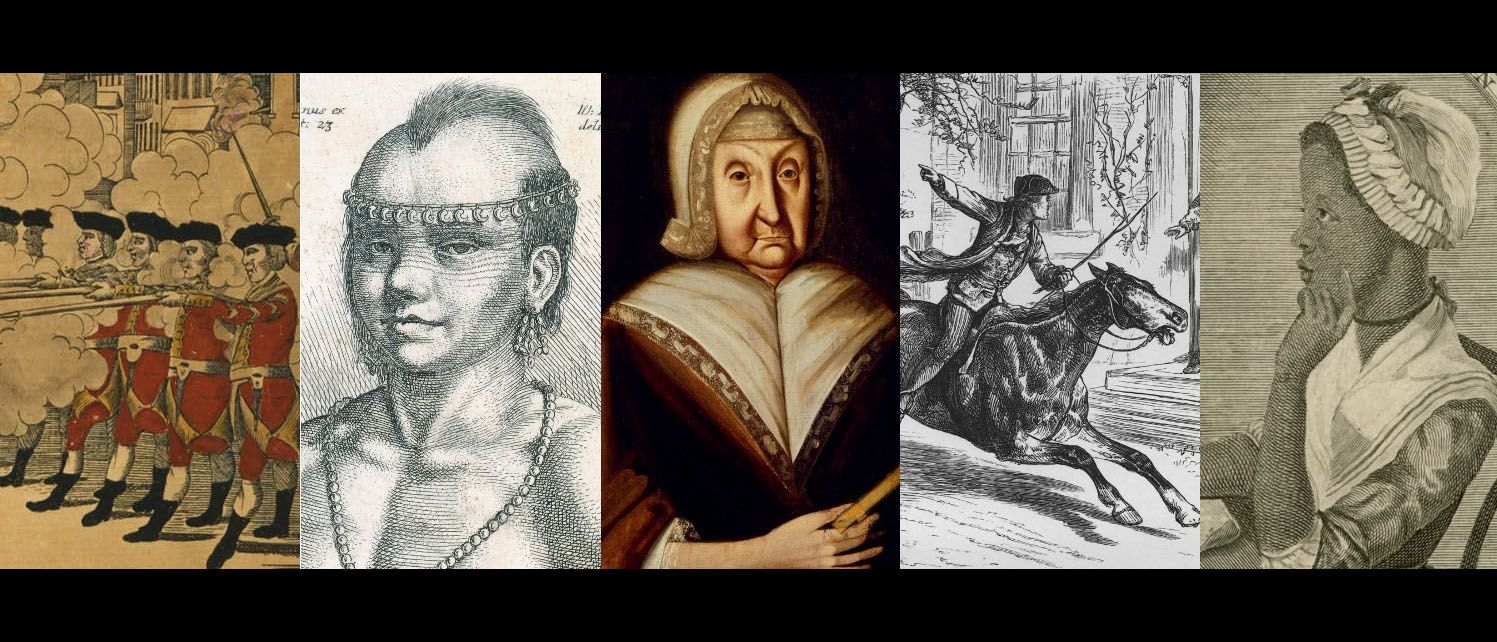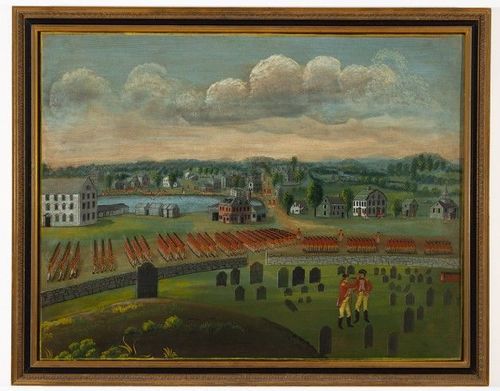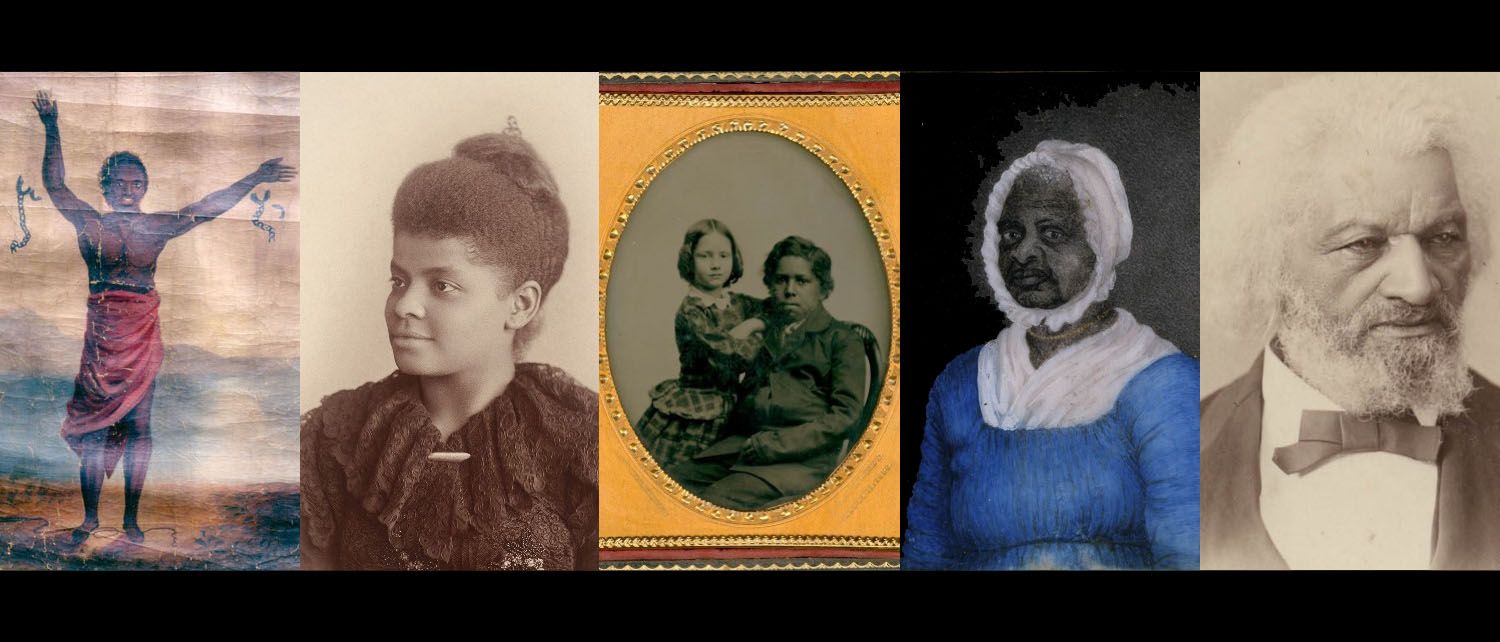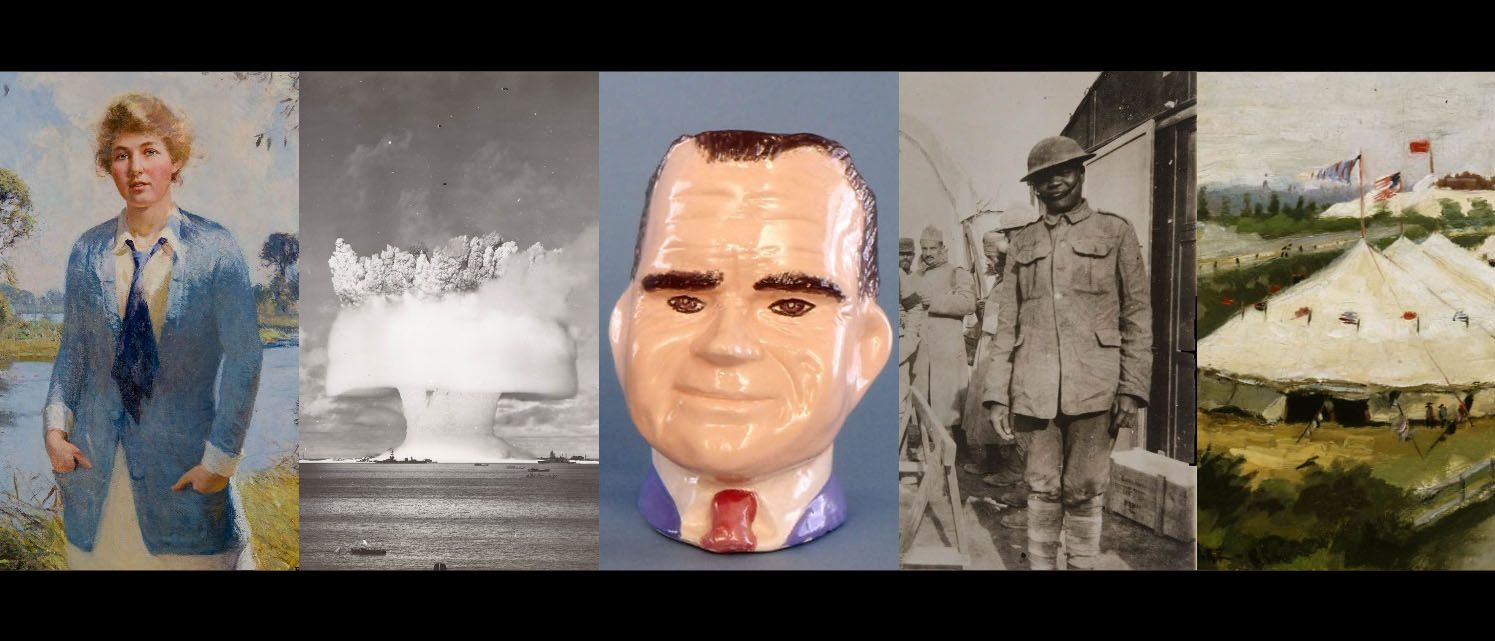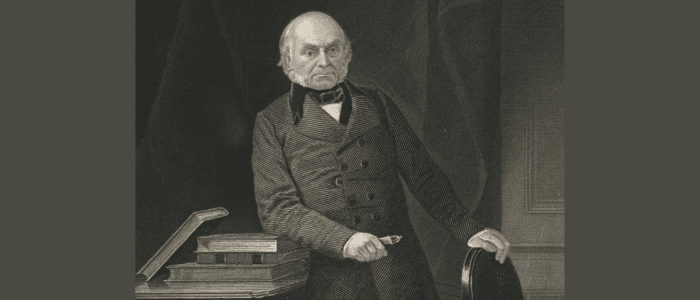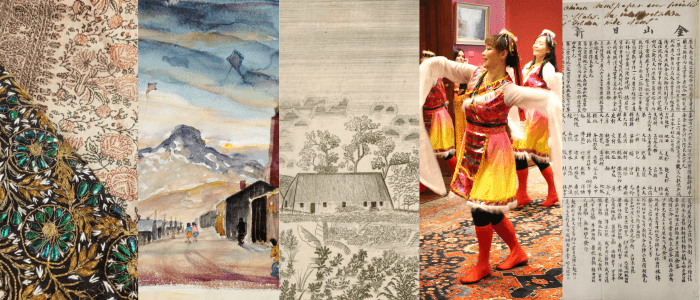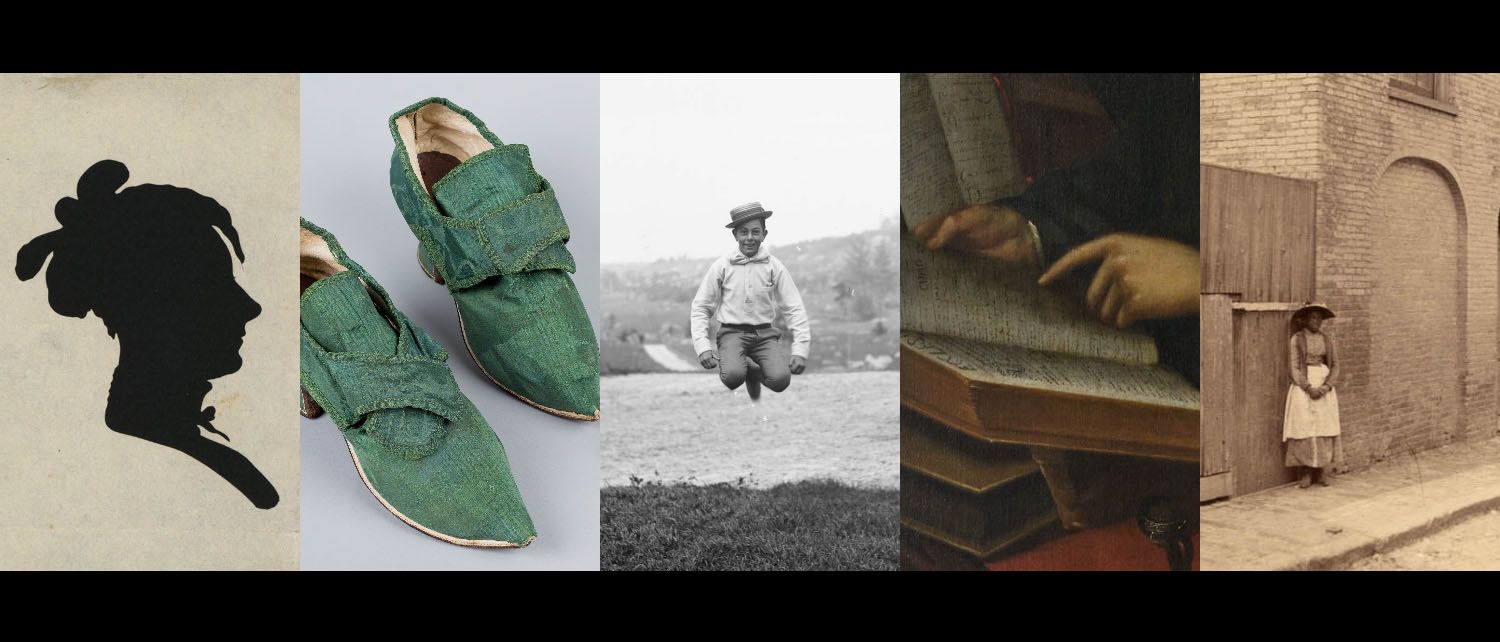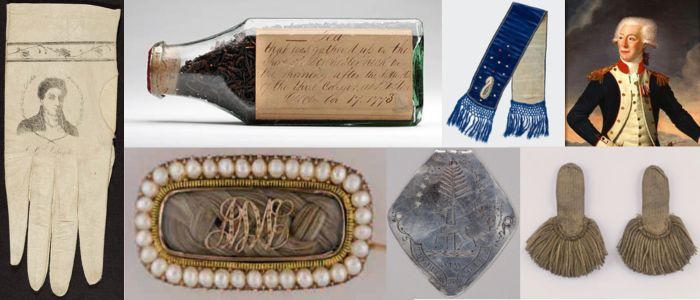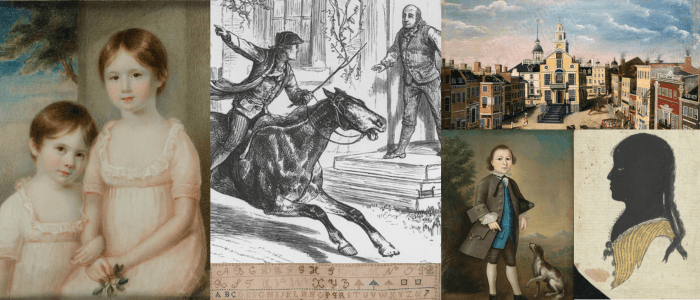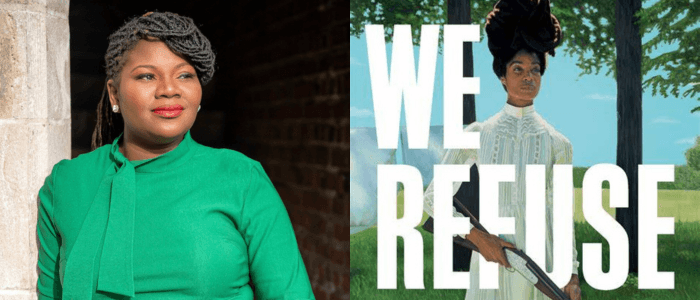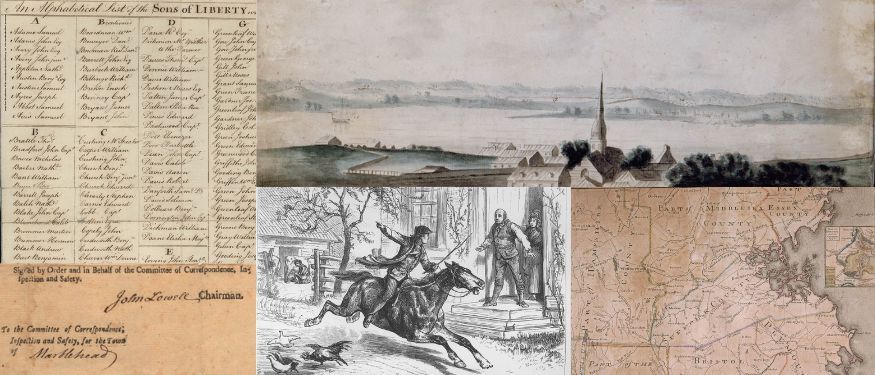Event
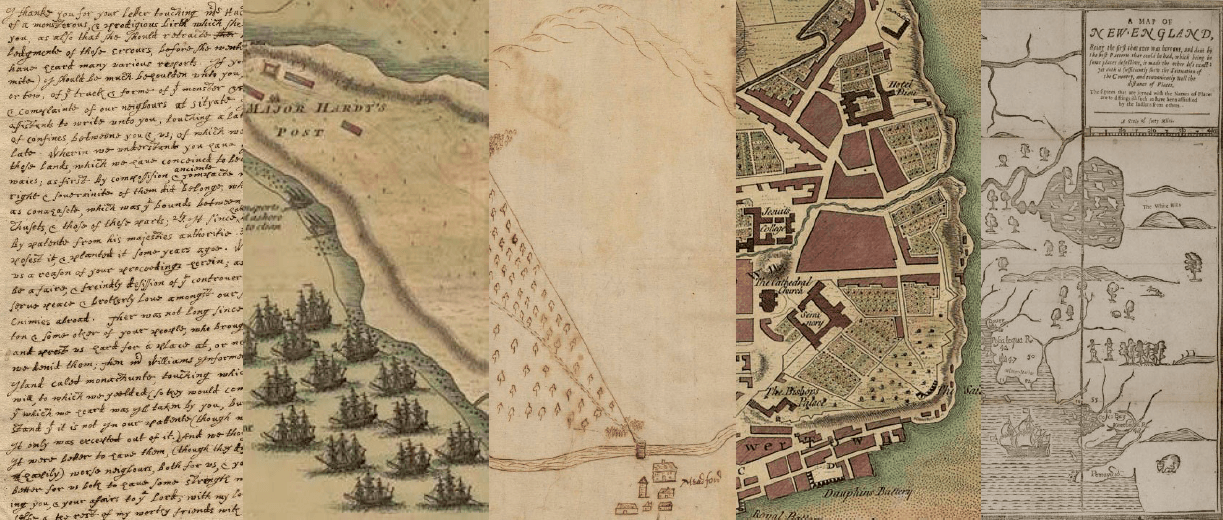
The War for Liberty & Union: Contesting Daniel Webster’s Memory in the Civil War North
Author: Michael J. Larmann, University of Montana
Comment: Matthew Mason, Brigham Young University
This is an online event.
This paper explores Daniel Webster’s (1782-1852) contested memory during the U.S. Civil War. By analyzing newspaper articles, speeches, and political campaigns, it explores how disparate factions manipulated the statesman’s memory to espouse competing definitions of liberty and Union. Partisans, abolitionists, and soldiers all utilized Webster’s past to comprehend the U.S. Constitution and describe the Union they were fighting for. Examining Webster’s memory as a distinct theatre of politics provides us with an analytical window into a divided North and the precarious state of America’s institutions during the Civil War.
Purchasing the $25 seminar subscription gives you advance access to the seminar papers of all seven seminar series for the current academic year. Subscribe at www.masshist.org/research/seminars. Subscribers for the current year may login to view currently available essays.
Online Event
The virtual seminar begins at 5:00 PM and will be hosted on the video conference platform, Zoom. Registrants will receive a confirmation message with attendance information.
By registering you are agreeing to abide by the MHS Visitor Code of Conduct.
